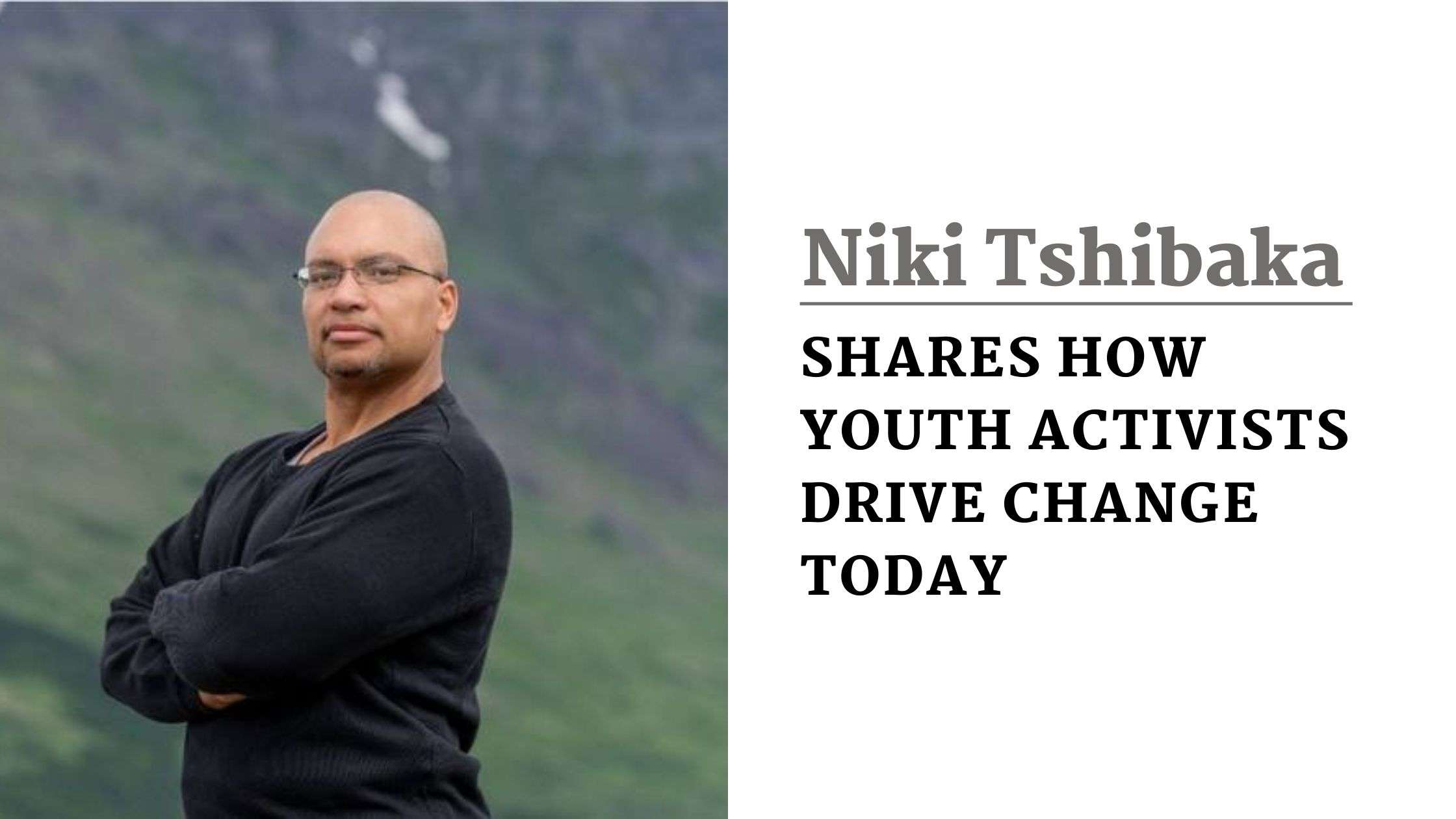Niki Tshibaka Shares How Youth Activists Drive Change Today
The impact of young activists on civil rights has increased dramatically in recent years. The future is being shaped by the voices of the young, from racial equality to climate change. Niki Tshibaka, a seasoned pastor and attorney with a passion for justice, shares insights into how today's youth are continuing the legacy of civil rights activism and driving real, lasting change.
The Rise of Youth Activism: A New Wave of Change
Youth activism has always been a driving force for change, but in today's world, it has taken on new energy. Young people across the globe are using their voices, their platforms, and their digital presence to demand action on issues that matter to them. Social justice, environmental protection, and racial equality are just a few areas where youth activism has made an impact.
According to Niki Tshibaka, today's young activists are more connected than ever before, thanks to the internet and social media. Young people can now organize, work together, and spread their messages to millions of people in a matter of seconds thanks to these platforms. What’s more, they’re doing so with a strong sense of urgency and determination.
The Role of Technology in Amplifying Young Voices
One of the most significant changes in youth activism today is the role of technology. Social media platforms such as Instagram, Twitter, and TikTok allow young activists to quickly organize protests, start campaigns, and bring attention to social justice issues. These digital spaces enable them to mobilize large communities, interact with global leaders, and generate movements that go viral.
Niki Tshibaka emphasizes that young activists today are not only focused on raising awareness; they’re also actively demanding systemic change. Whether it's pushing for police reform, climate action, or equal rights for all, youth-led movements are calling for accountability in ways that have never been done before.
Civil Rights and Social Justice: A Continued Fight
One of the most powerful aspects of youth activism today is its connection to the civil rights movements of the past. Today’s activists are not reinventing the wheel; they’re carrying forward the torch passed down by figures like Martin Luther King Jr., Rosa Parks, and Malcolm X. These pioneers of civil rights laid the foundation for modern-day youth activists, who are now confronting issues like systemic racism, police brutality, and racial injustice.
Niki Tshibaka, who is also an attorney, notes that many young activists today are pursuing legal avenues for change. Whether it’s advocating for policy reform or challenging unconstitutional laws, young people are using their legal knowledge and understanding to create more equitable systems. For instance, the rise of youth-led protests in support of the Black Lives Matter movement has led to real legislative changes in various cities.
The Power of Advocacy: Legal and Grassroots Movements
As a pastor and attorney, Niki Tshibaka sees the intersection between legal advocacy and grassroots activism. He believes that the combination of legal expertise and community engagement is a crucial element in the fight for civil rights. Young activists are not only rallying for change on the streets but also working within legal frameworks to advocate for reforms.
For example, in the fight for voting rights, youth activists have been instrumental in challenging voter suppression laws and pushing for policies that increase voter access. Similarly, through grassroots efforts, young people are demanding better protections for marginalized communities, whether it's immigrant rights or LGBTQ+ equality.
Young Activists’ Impact: A Brighter Future
The efforts of today’s youth activists are undoubtedly shaping the future. Thanks to their courage, creativity, and drive, significant progress is being made in civil rights and social justice. Whether through protests, social media campaigns, or legal battles, young people are driving change in powerful ways.
Niki Tshibaka encourages young activists to continue harnessing their power and influence, ensuring that future generations can enjoy a more just and equal society. By staying engaged, informed, and connected, youth activists are not only changing the conversation—they’re changing the world.
In conclusion, the rise of youth activism is a promising sign that the fight for civil rights and social justice will continue to evolve. With leaders like Niki Tshibaka guiding and mentoring them, young activists are positioned to make a lasting impact on society, ensuring that the dream of equality and justice for all becomes a reality. Click here: https://niki-tshibaka.odoo.com/
